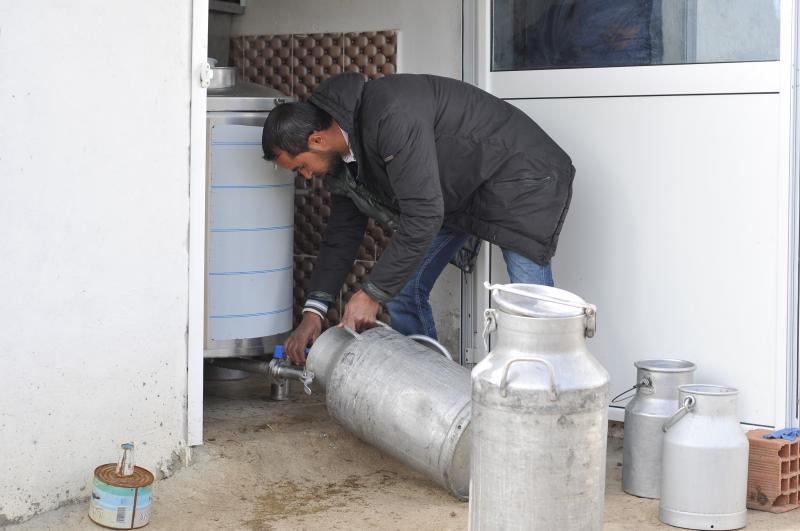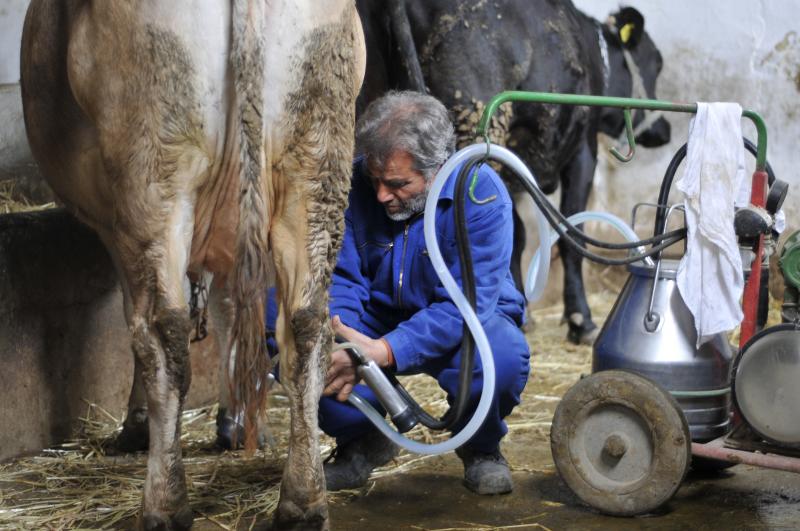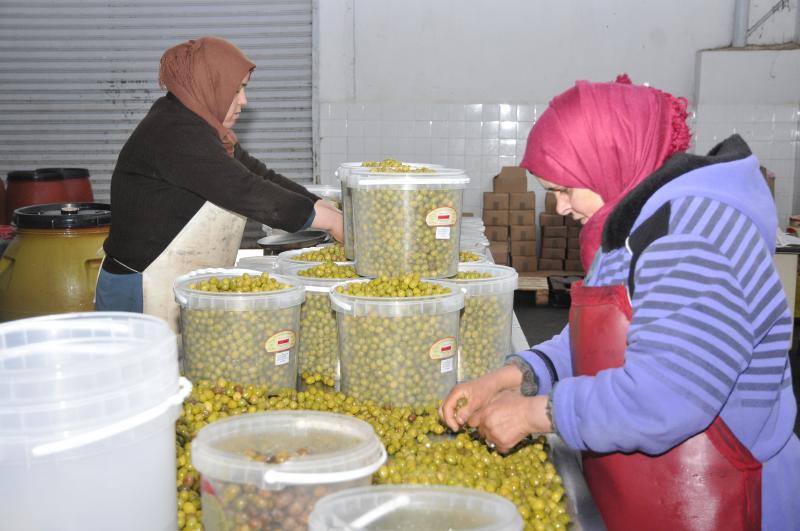Zitouna Tamkeen: 1st Economic Empowerment Institution in North Africa
Background
Zitouna Tamkeen (ZTM) is the first Microfinance institution in Tunisia and the Maghreb region adopting the Economic Empowerment (EE) approach focused on value chain financing, while applying the principles of Islamic Finance. The goal is to promote the financial and economic inclusion of Youth and disadvantaged populations. ZTM currently operates through a large network of 19 branches covering the majority of the Tunisian territory and through 2 mobile branches to reach the deepest poverty pockets of Tunisia.



Youth Lens
ZTM’s Youth Theory of Change through the Economic Empowerment Approach starts with engineering innovative interventions and proposing investment opportunities, access to finance, sustainable access to markets, support to basic infrastructure, strong partnerships with the public sector, private sector & Civil Society and capacity building. A solid and sustainable Ecosystem is built in collaboration with development partners around the Youth for their Economic Inclusion in the long term. The objective is to transform the Youth from mere recipients of financing to real Business Partners through their integration into value chain projects.
Product Details
ZTM’s interventions cover all productive sectors without exception, with a significant focus on the agricultural sector in response to the competitive advantage this sector offers in terms of job creation and food security. In fact, ZTM’s offering is focused on the process of economic inclusion to reach and finance the Youth and vulnerable populations. The process is triggered with the identification of the economic and strategic partner (Value Chain Leader) and obtaining a firm commitment from its side to absorb the production of the beneficiaries of the financing over a specific period of time.
Then, ZTM develops and engineers its own development project and expands its scope of services to business development for the benefit of the Youth. Once all the variables and components of the project are sealed in a realistic business model, capacity-building modules are developed and beneficiaries are contacted and selected to be part of the project. Ultimately, funding is dispensed and a partnership is concluded between the beneficiaries and the strategic and commercial partner.
Finally, assistance and project follow-up is to be done during the lifetime of the contractual agreement. Hlib El Khir “Milk for Good” is ZTM’s first EE project in the dairy Value Chain. It is a unique strategic partnership with a major Dairy Group in Tunisia. “Milk for Good” aims to increase the production and productivity of small dairy farmers and improve their socio-economic conditions. The Dairy Group is the “off-taker” of this project and leader of the Dairy Value Chain in Tunisia with more than 65% of market share. The key actors that will pull the Dairy Value Chain are milk collection centers and small farmers that will produce the milk. This project is targeting 2500 farmers in the North-western region of Tunisia, covering four provinces and seeking to impact 125000 farmers across Tunisia.
Key Success Factors
ZTM’s key success factors are achieved by focusing on the productivity and the economic sustainability of the activities of the Youth and vulnerable groups. Poverty alleviation starts indeed with the Economic Inclusion. The objective is to establish a genuine relationship between the recipient of the financing and the economy. The economic inclusion of a person involves a process linking him/her to the real economy by discovering investment opportunities adapted to his/her skills and needs, opening up communication channels with economic players, setting up technical and managerial capacity building plans, and, of course, funding. Value chain financing plays an important role in developing financial products suited for economic inclusion and small business sustainability.
Results
Overall, ZTM has succeeded in financing around 14,000 income-generating projects and supported the creation of more than 40,000 direct and indirect jobs.
Future Outlook
ZTM’s business model is founded on building smart partnerships with the Public, Private and Third sectors. In this regard, ZTM created two arms, a Non-Governmental Organization (Tamkeen For Development – T4D) and an advisory company (The International Center for Economic Empowerment - ICEE). The objective is export the Economic Empowerment Model to neighboring countries and mainstreaming this approach at the international level with solid development partners.
Challenges
The current macroeconomic conditions in Tunisia are having a substantial impact on the liquidity of the financial sector. Lines of finance became expensive and the direct repercussions are observed at the level of the pricing of the microfinance products which in turn, affects small business sustainability.